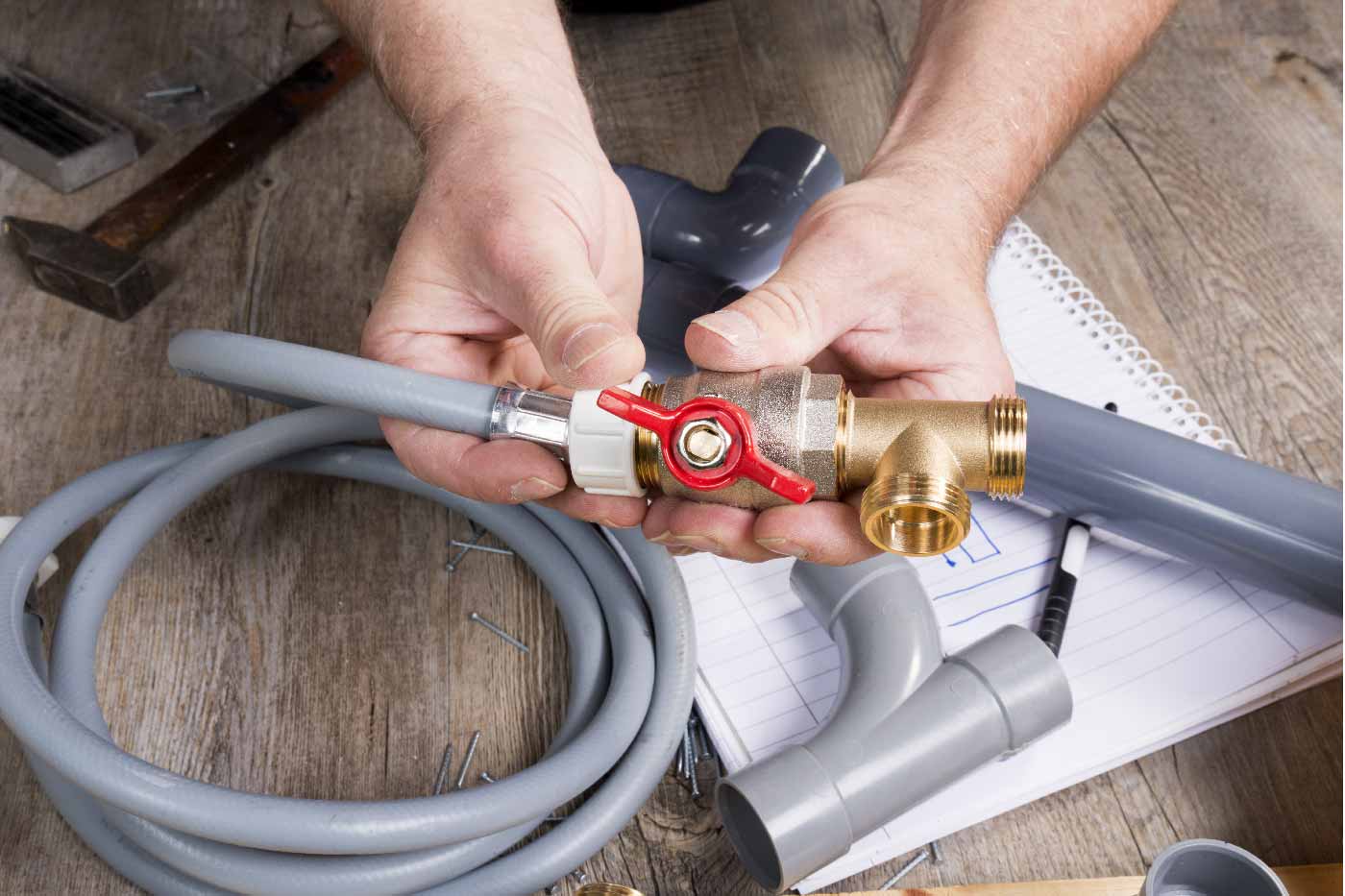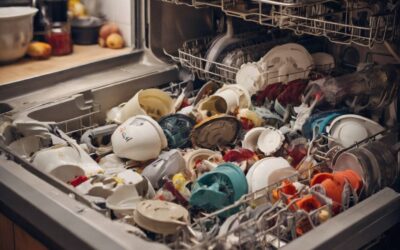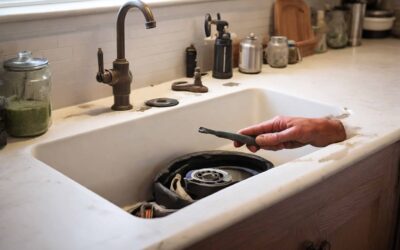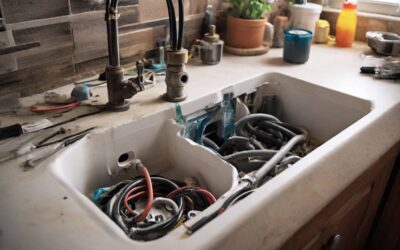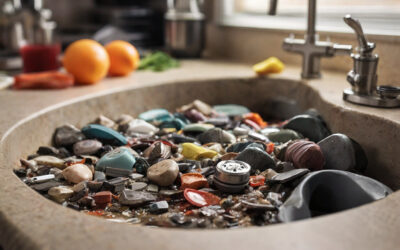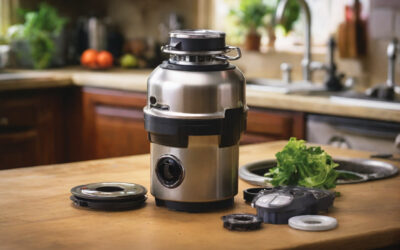In residential areas, water line problems can pose a great threat. Which holds great value for the integrity of the house’s internal water system. Among them, a concerning feat can be the Anti-Siphon. But most feel great confusion when it comes to Why is my anti siphon valve leaking.
In simple, the Anti-siphon valve may be leaking due to improper installation or wear and tear. The leakage can occur if the valve is not tightly closed or if the rubber seal inside the valve is worn out or damaged.
In this guide, we will go through steps on how to fix and identify Anti-Siphon Problems. We will also go over common problems which can be the culprit of your headache. Also providing simple prevention steps for long-term utilization.
Why Is My Anti Siphon Valve Leaking
When an anti-siphon valve leaks. The main reason can be due to dirt obstructing inside the poppet. Or it can be worn on the poppet and rubber gasket. These issues allow water pressure to escape when the valve is operating, resulting in visible leaks. But does the leak cause performance problems? Yes, it does, while it may work normally and maintain proper functioning. It can also cause water wastage. Which needs proper repair or replacement. Other signs of a leaking valve include a reduction in water pressure. Regular maintenance and inspections are crucial for identifying and addressing these issues. If you are having confusion about Why is my anti siphon valve leaking. Then you can follow these steps for continuous efficiency.
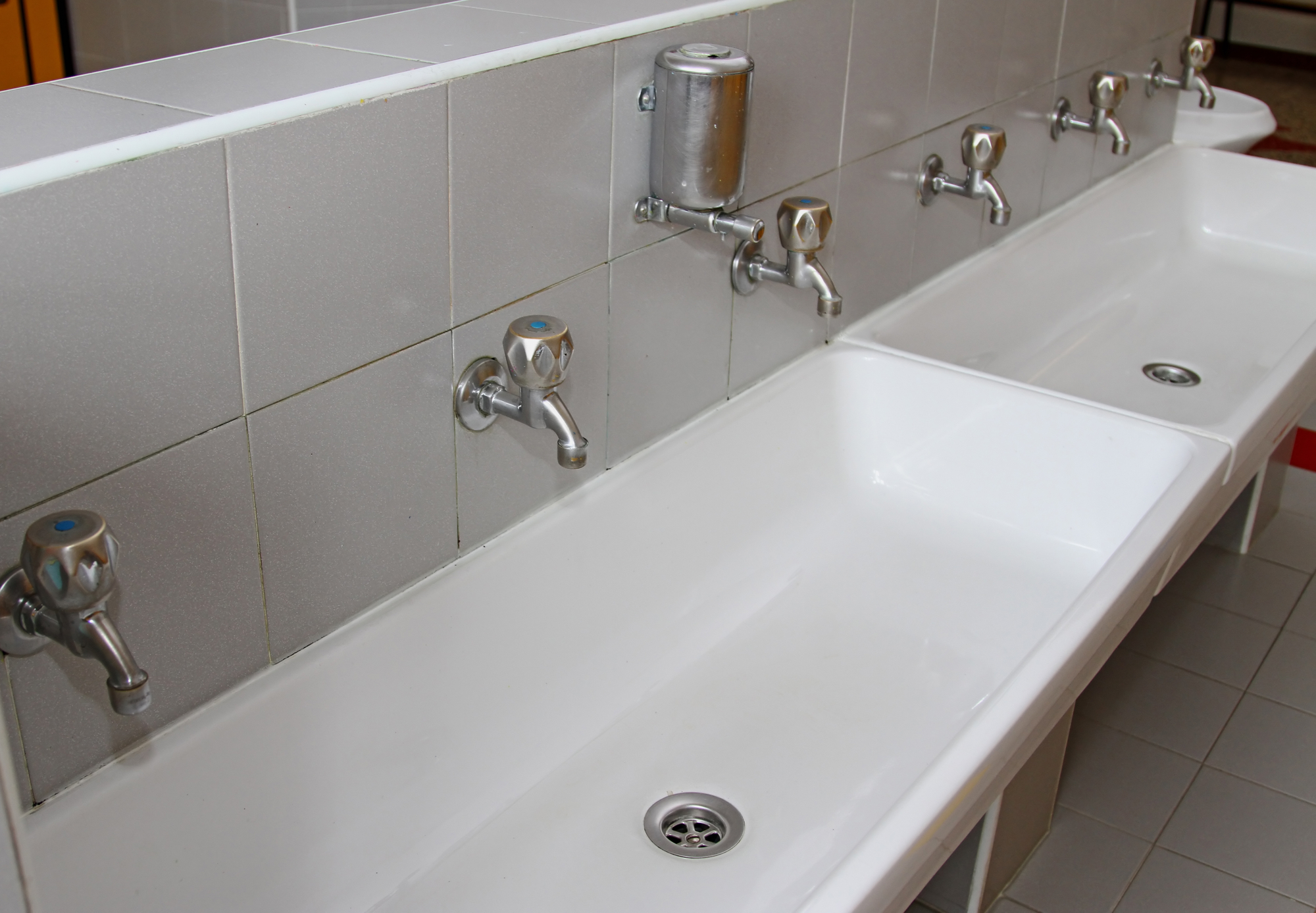
Diaphragm failure in the valve
A worn-out or faulty diaphragm is one of the most frequent causes of leaks. The diaphragm has a membrane made of rubber or plastic. Dividing the valve’s upper and lower chambers. It may disintegrate over time as a result of sun exposure. Resulting in water pollution, or simple wear and tear.
Solution: Install a new diaphragm according to the manufacturer’s directions. After disconnecting the water supply and disassembling the valve.
Debris or Dirt Accumulation
Sand, dirt, or debris buildup can prevent the anti-siphon valve from operating properly. Which can result in leaks. This may occur if there is silt in the water supply. It may also occur if the shield of the valve has little protection from the outside environment.
Solution: Remove any dirt and debris from the valve and give it a thorough cleaning. To remove any obstructions, you might need to unscrew the valve and use air pressure.
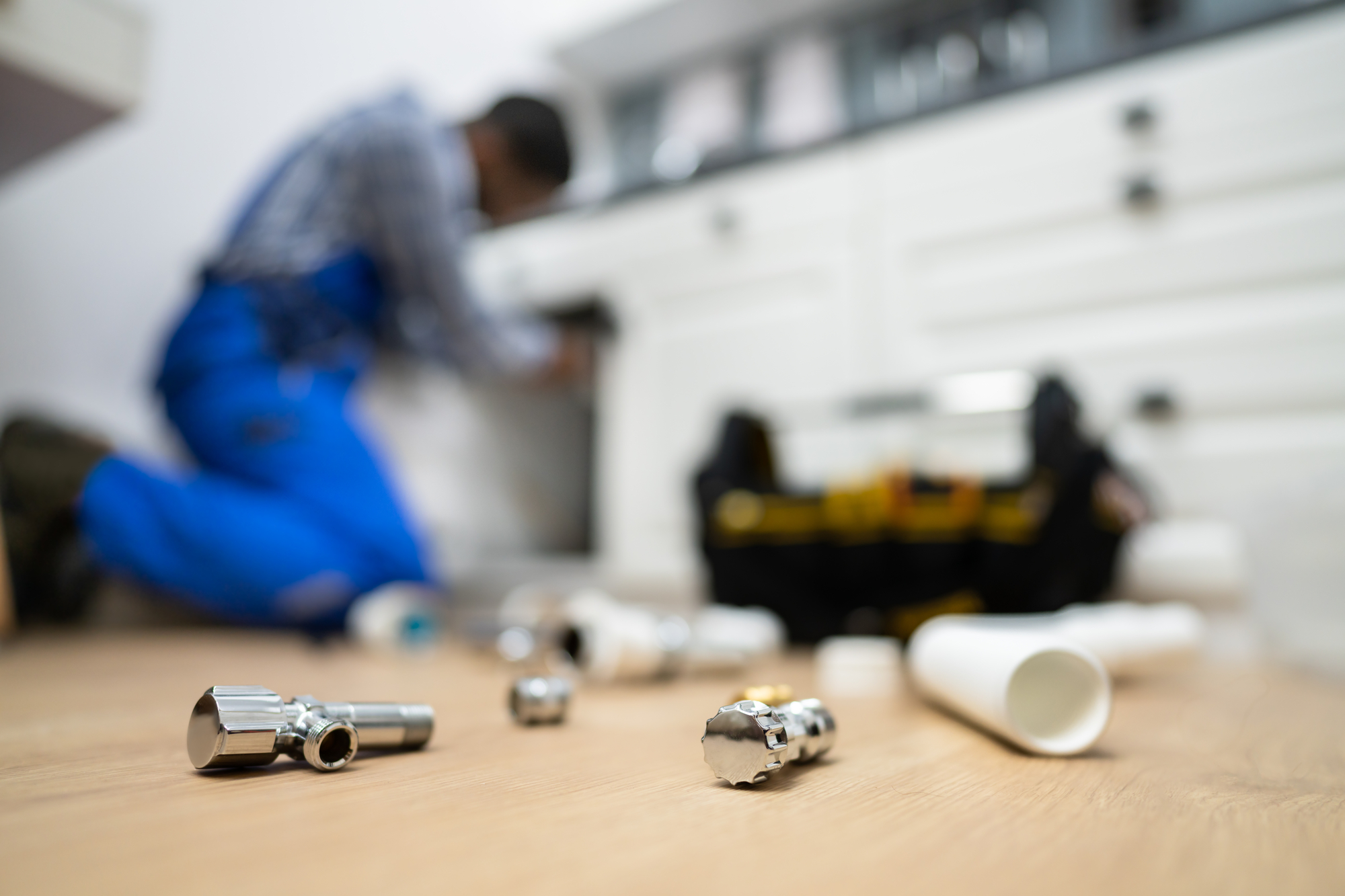
Improper Installation
Leaks may occur if the installation of the anti-siphon valve is incorrect. Inaccurate positioning, the wrong elevation above the ground, or insufficient thread connection. All these could create problems with sealing. These are examples of common errors.
Solution: Make sure the valve is in place according to the manufacturer’s accordance. But be sure to hear the instructions your manufacturer is providing. Make sure all connections have proper tightening and correct height above ground.
Problems with Pressure
Leaks in anti-siphon valves can be brought on by high water pressure. The integrity of the valve components may be compromised by high pressure.
Solution: To maintain ideal pressure levels, install a pressure regulator in the irrigation system. To get the right pressure for your particular valve model, speak with an expert.
Freezing Conditions
Water within the anti-siphon valve may freeze and cause damage to the valve. Which could result in leaks if it is left outside in below-freezing temperatures. Along with no proper winterization.
Solution: Use a valve cover or insulation to keep the valve from freezing. To further avoid damage, think about adding a shut-off valve and emptying the system before winter.
How To Fix A Leaking Anti-siphon Valve
For commonly asking why is my anti siphon valve leaking? The most common reason for water coming out of your anti-siphon valve is a leaking valve diaphragm. To fix this issue, you need to inspect and replace the valve diaphragm. Start by shutting off the water supply, and detaching the bonnet cap. Also, examine for any signs of damage or wear. If you notice any tears or holes, it’s time to replace it with a new one.
Another potential cause of a leaking anti-siphon valve is loose connections. Check all the fittings and connections to ensure the tightening is proper. If you find any loose parts, tighten them perfectly. Additionally, improper valve installation can also result in leaks. Make sure the valve is installed correctly and securely from any loose parts.
Preventing Anti-siphon Valve Leaks
Regular maintenance is crucial to prevent leakage in anti-siphon valves. Ignoring small signs of leakage can lead to bigger issues over time. Here are a few key tips to help you keep your valve in good condition:
- Inspect the valve regularly for any signs of damage or wear.
- Ensure that the valve is properly installed and tightly sealed.
- Inspect the rubber seals and replace them if they show signs of aging or deterioration.
- Check for any obstructions in the valve. Things like debris or mineral buildup, and clean it if necessary.
- Protect your valve from freezing temperatures using insulation or heat tape.
- If you notice water coming out of your anti-siphon valve, it might be an indication of a faulty valve or incorrect installation. Consider consulting a professional to fix the issue.
When To Call A Professional
Is your anti-siphon valve leaking and causing a headache? Don’t worry, you’re not alone. Many homeowners face this issue. Wonders why water is coming out of their anti-siphon valve. So, in this instance, DIY or calling in a professional for attempts to fix becomes a primary concern.
Persistent leaks can be frustrating, especially when your efforts to stop the leaking have been in vain. In such cases, it’s wise to call a professional to assess the situation. They can determine whether a more complex valve replacement is necessary to fix the problem effectively.
When your anti-siphon valve leaks, it’s essential to address the issue promptly. Ignoring it can lead to further damage, potential water waste, and higher utility bills.
So, if you’re wondering how to fix a leaking anti-siphon valve. Also, to prevent any water wastage, consider consulting a professional who can provide expert solutions. Depending on your specific needs.
Conclusion
To sum up, a leaking anti-siphon valve can be a frustrating issue for homeowners. By understanding the common causes and solutions discussed in this blog post, you are now equipped with the knowledge to tackle this problem effectively. Regular maintenance, proper installation, and replacing faulty parts are key to prevention. Which can close leaks and ensure smooth functioning.
Remember, timely repairs can save you money and protect your home’s water supply. So, don’t hesitate to take action and fix that leaky anti-siphon valve today.

